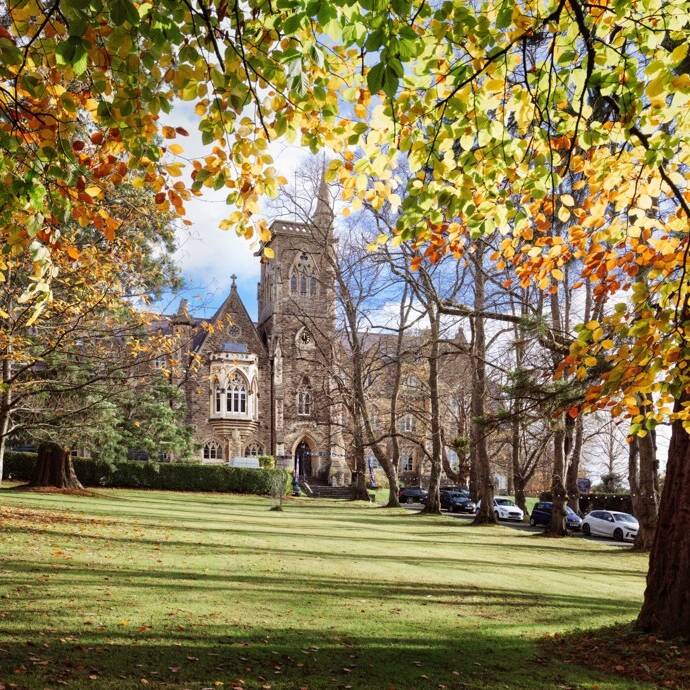The Racial Paradox of Climate Change
Royal High voices

The Racial Paradox of Climate Change
We can often overlook the crucial role that equality plays in driving sustainability. An integral component of environmentalism is the ability to embrace and amplify the voices of diverse communities.
Diversity is embedded in the definition of sustainability, in that to move forward it is fundamental that we address the inbuilt prejudice in activist and political spaces. Climate change worsens existing inequalities in society by disproportionately impacting people of colour worldwide. There is extensive evidence of this already, in the form of flooded homes, vanishing sources of drinking water, disrupted local economies and extreme heatwaves. A report found that race - more so than class and income - is a major factor for where polluting industries and toxic waste are located. Only a few dozen countries, primarily those that have benefited from colonialism (including the UK), are responsible for the magnitude of the climate crisis. Yet paradoxically, the people in countries that have released the least emissions suffer from the consequences the most.
Climate action must be intersectional. I recently read Reni Eddo-Lodge’s book Why I'm no longer talking about race, which underpins the way white privilege acts as an obstacle in conversations about race and is effective at voicing the frustration that POC experience. It was from her chapter on feminism, that I became aware of the term ‘intersectionality.’ Kimberlé Crenshaw is a civil rights advocate who coined the term in 1989, defining it as ‘the interconnected nature of social categorizations such as race, class and gender as they apply to a given individual or group, regarded as creating overlapping and interdependent systems of discrimination or disadvantage.’ It gives rise to multiple levels of injustice by taking into account people's overlapping identities and experiences. Crenshaw gave an incredibly powerful Ted Talk on The Urgency of Intersectionality, which highlights the erasure of black women who have been killed by police. She compares the double discrimination to crossroads: "If you're standing in the path of multiple forms of exclusion, you're likely to get hit by both."
Until we address structural racism and acknowledge our intersectionality, we will never be able to protect the planet. We must begin by realising that climate change is not an independent issue, but is inherently connected to other forms of justice, and ultimately human rights. By recognising that to create action we must do so collectively and equally, we will not only be stopping the climate crisis, but can also begin to achieve racial equity.
Naiya, Year 12

